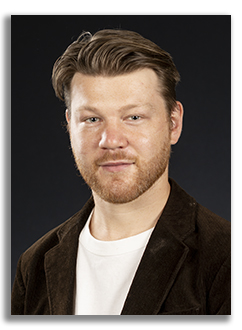
Click image for HiRes
Abstract
Advances in power electronic devices, light emitting devices and photo-detector devices, rely on materials with very specific breakdown and impact ionization properties. However, traditional methods of discovering materials with either high or low-impact ionization scattering rates and coefficients are time-consuming and costly. Here, we present a suite of tools including optimisation methods, integration methods and approximations that enable high-throughput computational methods to accelerate the selection of materials with specific impact ionization properties. These methods leverage Density Functional Theory (DFT) computed electronic band structures (primarily from the Materials Project Database) to compute the impact ionization threshold and energy-dependent scattering rate of a large set of materials and are validated against experimentally characterised results from the literature. Scaling up to a high-throughput approach, we screened hundreds of materials systems, from which dozens of novel materials were identified with superior properties for power electronics, light detection and light emission. The methods presented in this seminar are foundational in demonstrating high-throughput material discovery paradigms with low computational over-head and meaningful outputs. These methods will accelerate the development of emerging opto-electronics and power electronics devices.
Click here to see all available video seminars.
Click here to go to the SPREE HOMEPAGE.
Brief Bio
Ryan Hall's PhD Thesis can be downloaded from this url (109MB):
https://unsworks.unsw.edu.au/bitstreams/b70b020d-6924-4e38-9a8e-d2746ca245d0/download
Ryan is a recent PhD graduate from the School of Photovoltaics and Renewable Energy Engineering (SPREE) at UNSW. In his thesis, Ryan developed new efficient computational frameworks for modelling charge transport properties in semiconductors. His research interests are broad but are driven by a common goal to translate theory to application with a focus on the simulation and modelling of devices and their materials.
Special interests include Density functional theory and its applications to characterising wide- and ultra-wide band-gap semiconductors and high-field transport and scattering mechanisms like impact ionization and auger recombination. Ryan is also an accomplished radio frequency and analog electronics engineer, having previously worked in the space industry designing satellite radio systems and more recently as a Senior RF engineer designing electronics for the control of laser systems in cold atom quantum sensors at Q-CTRL.
